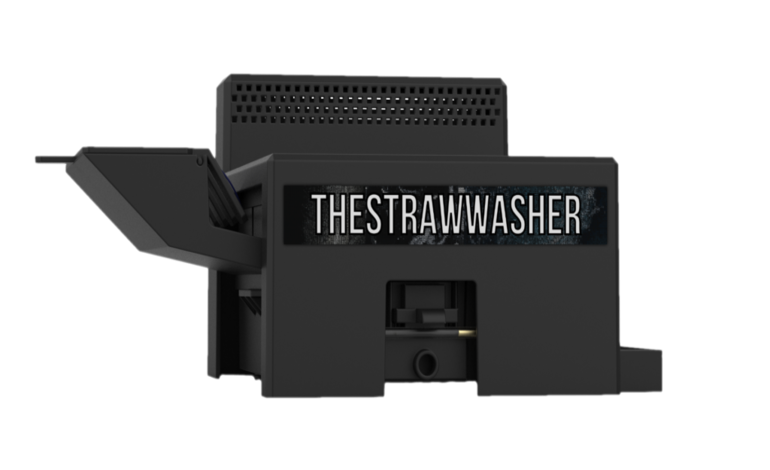If you frequently use straws, whether for personal or commercial purposes, it's important to keep them clean and hygienic. Straw washers are an excellent investment for those who want to ensure that their straws are free from bacteria and grime. However, with so many options available on the market, it can be challenging to choose the best one for your needs. In this ultimate guide, we'll help you understand the key factors to consider when choosing the best straw washer.
-
Type of Straw Washer There are two primary types of straw washers: manual and automatic. Manual straw washer require you to place the straws inside and clean them by hand. They are generally more affordable, but they can be time-consuming and may not clean as thoroughly. Automatic straw washers, on the other hand, are more convenient and efficient. They use high-pressure water and air to clean and sanitize the straws in a matter of seconds. They are more expensive but may be worth the investment if you use straws frequently or run a business that requires clean straws.
-
Capacity The capacity of the straw washer refers to the number of straws it can clean at once. If you only use a few straws at a time, a smaller-capacity straw washer may suffice. However, if you use straws in bulk or own a business that serves drinks with straws, a larger capacity straw washer may be necessary. Consider the number of straws you typically use in a day and choose a straw washer that can accommodate your needs.
-
Material Straw washers are typically made of plastic, stainless steel, or a combination of both. Plastic straw washers are lightweight and easy to clean, but they may not be as durable or long-lasting. Stainless steel straw washers, on the other hand, are more durable and long-lasting, but they are heavier and may require more effort to clean. Consider your preferences and how frequently you plan to use the straw washer when choosing the material.
-
Size The size of the straw washer is an essential factor to consider, especially if you have limited storage space. A smaller straw washer may be more compact and easier to store, but it may not have the capacity to accommodate a large number of straws. A larger straw washer may be more efficient, but it may take up more space. Consider your available storage space and choose a size that works for you.
-
Ease of Use Straw washers should be easy to use and maintain. Look for a straw washer with straightforward controls and easy-to-follow instructions. It should be easy to load and unload the straws, and the cleaning process should be quick and efficient. Additionally, consider the ease of cleaning the straw washer itself. Look for a design that allows you to access all the parts easily for thorough cleaning and maintenance.
-
Cleaning Ability The primary function of a straw washer is to clean and sanitize straws effectively. Consider the cleaning ability of the straw washer before making a purchase. Look for a straw washer that uses high-pressure water and air to clean and sanitize the straws thoroughly. Additionally, consider whether the straw washer has any additional features, such as UV lights or ozone technology, that can help kill bacteria and germs.
-
Cost Straw washers come in a wide range of prices, depending on the type, size, and features. Manual straw washers are generally more affordable, while automatic straw washers can be quite expensive. Consider your budget and the amount of money you are willing to invest in a straw washer. Remember, a high-quality straw washer can be a worthwhile investment in the long run, especially if you use straws frequently or own a business.
